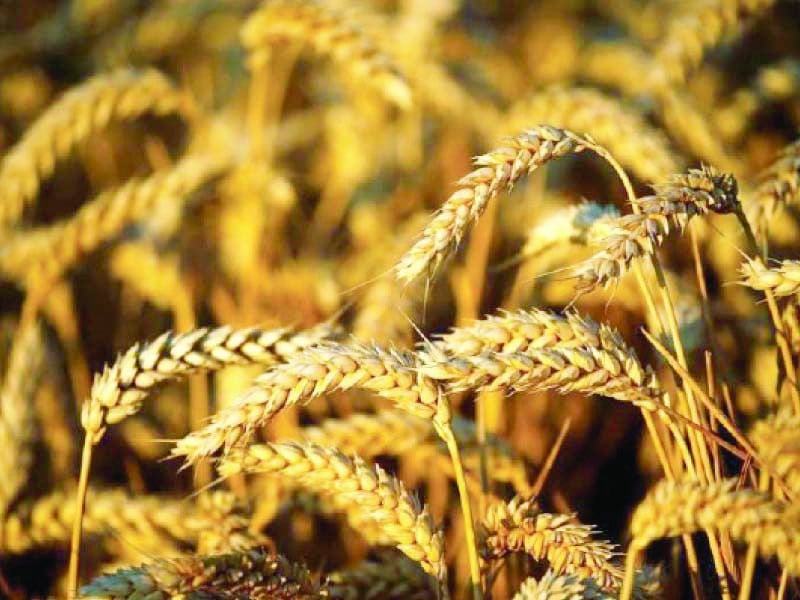Pakistan's Wheat Crisis Deepens Amid Falling Prices
The wheat crisis in Pakistan is a complex issue, with the government's decision to abolish the wheat support price having far-reaching consequences for farmers, rural economies, and food security. The situation is further complicated by the government's refusal to announce an indicative wheat rate, leaving farmers with no support price and forced to sell their crop at a low rate. To address the crisis, the government must prioritize the needs of farmers and work towards a solution that benefits all stakeholders.

Pakistan's wheat harvest season is underway, but farmers are facing significant losses due to the government's decision to abolish the wheat support price, a policy that has been in place for over five decades, with the average wheat price in Punjab's grain markets around Rs2,500 per maund, while the cost of cultivation has surged to Rs3,200 per maund.
The move, tied to the International Monetary Fund's (IMF) 2023 agreement, has sparked concerns about a deepening agrarian crisis and long-term repercussions for food security and rural economies. Farmers in Punjab, which contributes over 75% of Pakistan's wheat, are particularly concerned as the 2025 harvest has been marred by frustration, with initial estimates suggesting a 12% shortfall from the target. The overall wheat production in Pakistan is estimated to be 27.9 million tonnes, 11% less than the original estimates.
Critics argue that the transition to a free market policy was poorly timed, citing the government's decision to import 3.5 million tonnes of wheat last year, despite a projected bumper crop, which led to a surplus and crashed local prices. Farmers are now facing punitive measures for selling above state-mandated rates, with some being fined for selling at Rs2,800, despite the cost of cultivation being Rs3,400. The Pakistan Business Forum has called for the issue to be elevated to the Council of Common Interests, warning that without intervention, Pakistan may need to import wheat by December 2025, further straining foreign reserves.
The government has announced a Rs15bn package for wheat farmers, aimed at mitigating the impact of falling wheat prices, but farmers' bodies have rejected the package, claiming it will benefit millers and feudal lords rather than the farmers themselves. The government must work with farmers and other stakeholders to devise a framework that balances the needs of growers and consumers to address the crisis and ensure the stability of rural economies.